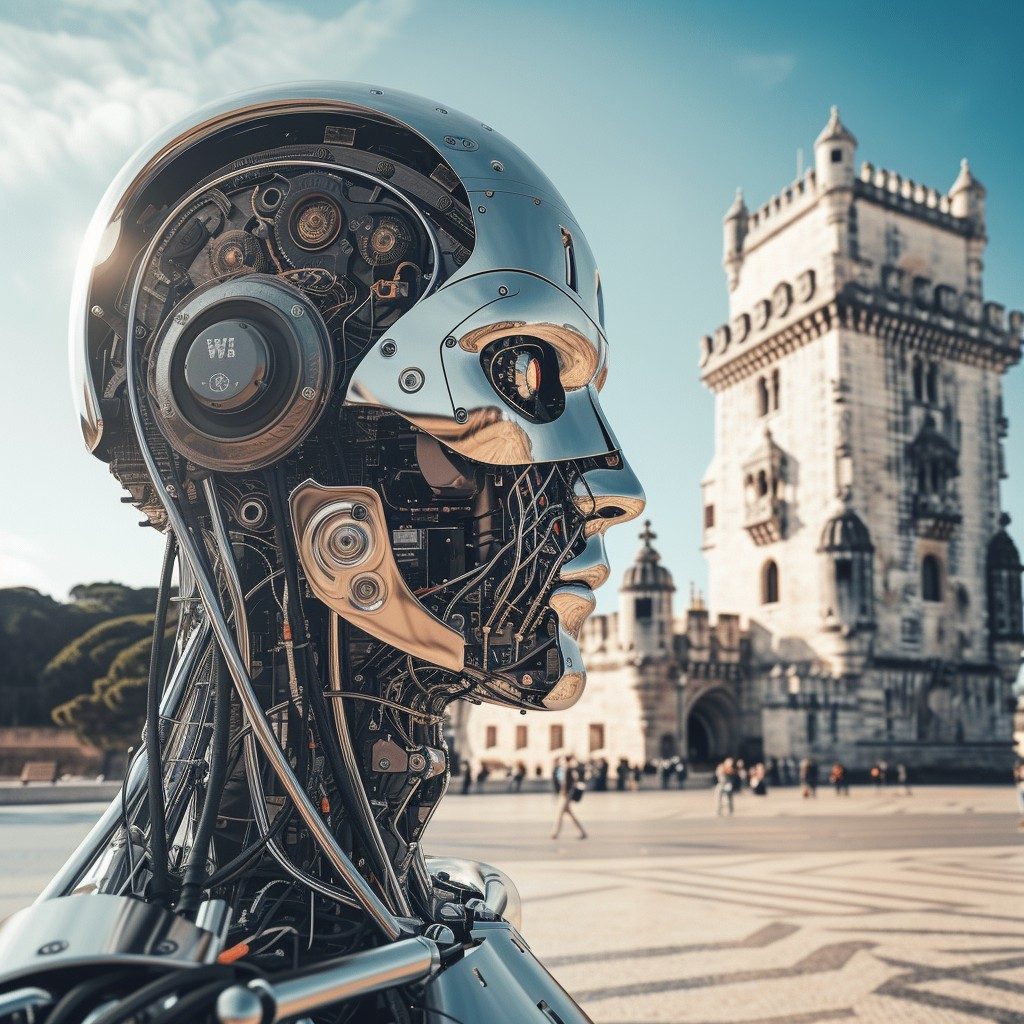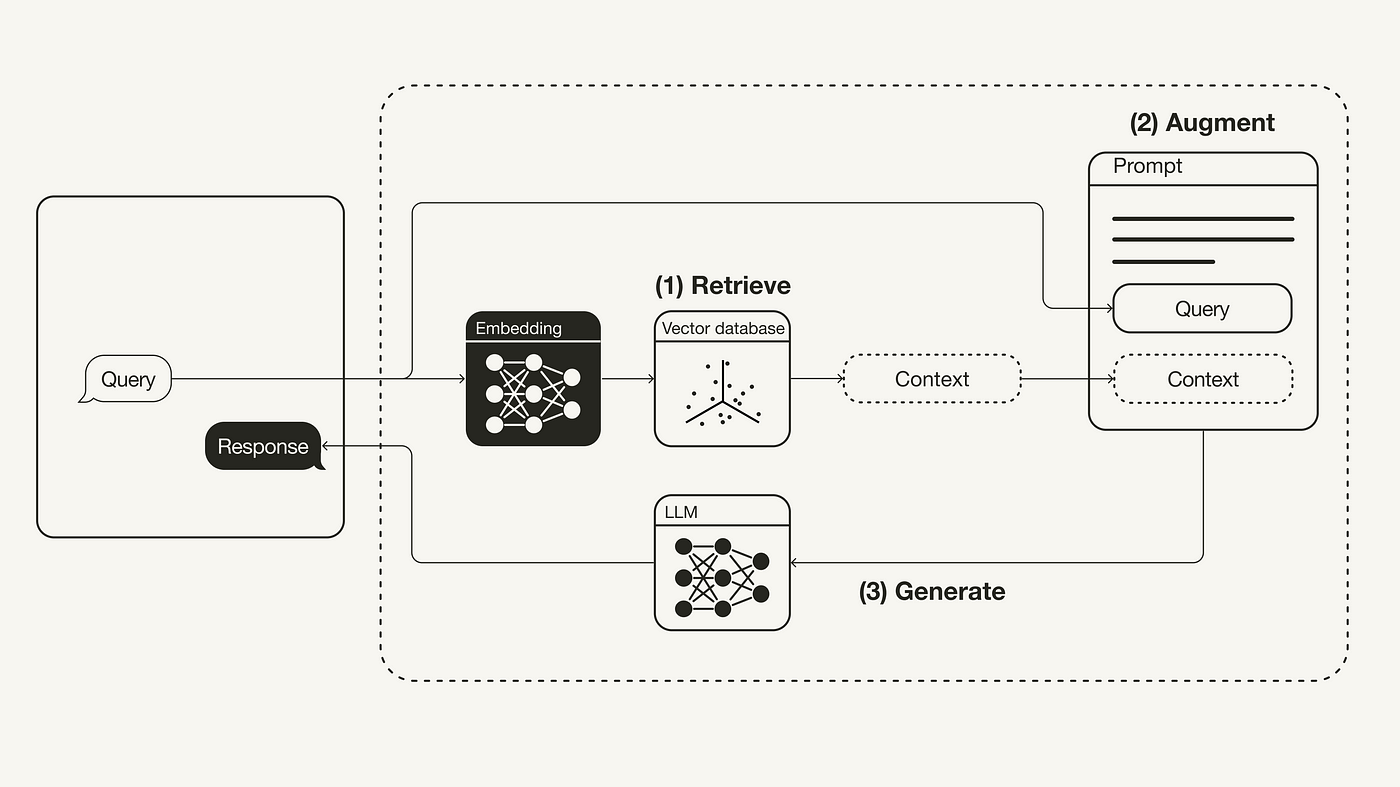Artificial Intelligence (AI) has become a powerful tool, revolutionizing various aspects of our lives. AI opportunities abound for free use, including in education and academia. The potential benefits of AI platforms, such as ChatGPT, DALLE-2, CoPilot, Google Bard, Bing, and others, in supporting assignments and assessments are well-known among students. However, it is equally important to acknowledge the limitations and potential pitfalls associated with AI use, including factual inaccuracies, biases, misinformation, and referencing issues. To maintain academic integrity, we must balance leveraging AI opportunities for creative enhancement and ensuring transparency in its application.
Thinking back on a past survey, one can’t help but worry or be bothered by some tinge of a guilty conscience. Of 1,000 current undergraduate and graduate students, just over half of students (51%) agree that using AI tools to complete assignments and exams counts as cheating or plagiarism. Two in ten (20%) disagree, and the rest are neutral. There must be a way by which one can use AI technology to improve one’s prospects of finishing a course or landing a better job, with a clean conscience.
The role of AI in academic work
AI platforms can offer valuable support to students in several ways:
1. Drafting Plans and Ideas: AI can assist in brainstorming, organizing thoughts, and structuring academic assignments.
2. Answering Questions and Providing Explanations: AI can help students clarify concepts and better understand complex subjects.
3. Evaluating Materials: AI can aid in analyzing various sources and identifying relevant information for research.
4. Overcoming Writer’s Block: AI-generated content can be a starting point when students encounter writer’s block.
Transparent use of AI
Students must be transparent in using AI in academic work to ensure academic integrity and avoid plagiarism. This involves acknowledging the AI system(s) employed and providing a reference link in their citations, both in the references section and within the text. Additionally, students should describe how the AI information was generated, including the specific prompts used, the output obtained, and any modifications made to ensure accuracy and relevance to the topic. By adhering to these guidelines, students can responsibly leverage AI’s benefits while upholding ethical academic practices.
Educational integrity and fair use of AI
While AI can be a valuable tool, it is crucial to understand the distinction between fair use and academic misconduct. Submitting an AI-generated work as one’s own is considered an academic offense. To protect academic integrity, Turnitin, an advanced plagiarism detection tool that can identify the use of AI in submitted work, is oftentimes used.
Overcoming biases and inaccuracies
One of the primary concerns with AI is its potential for biases and factual inaccuracies. AI models are trained on vast amounts of internet data, which may contain inherent biases and misinformation. To address this issue, developers continuously work on refining AI systems and minimizing biases. Additionally, students can play a crucial role by critically evaluating AI-generated content and cross-referencing information with reputable sources.
Updating citation and referencing guidelines
As embraces the opportunities presented by AI in supporting academic work, it is imperative to maintain transparency and uphold academic integrity. AI platforms offer valuable assistance in drafting plans, answering questions, evaluating materials, and overcoming writer’s block. However, students must be cautious about AI-generated content’s limitations and potential biases. By adopting transparent practices and referencing guidelines, academic institutions should aim to foster a learning environment that values creativity, critical thinking, and responsible use of AI.
Summarizing…
In essence, AI should be viewed as a supporting tool. It is best employed for minor tasks and enhancing your output. It’s important to remember that AI isn’t infallible. It occasionally fabricates information because it does not examine your work as a human would. Instead, it generates text based on the most probable sequence of words in response to your prompt. However, the magic of utilizing AI as an aid is that its accuracy is not paramount. You’re leveraging it to ignite inspiration and ideas in your mind. As long as it fulfills that purpose, the AI is contributing positively to your work.





